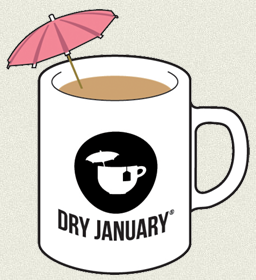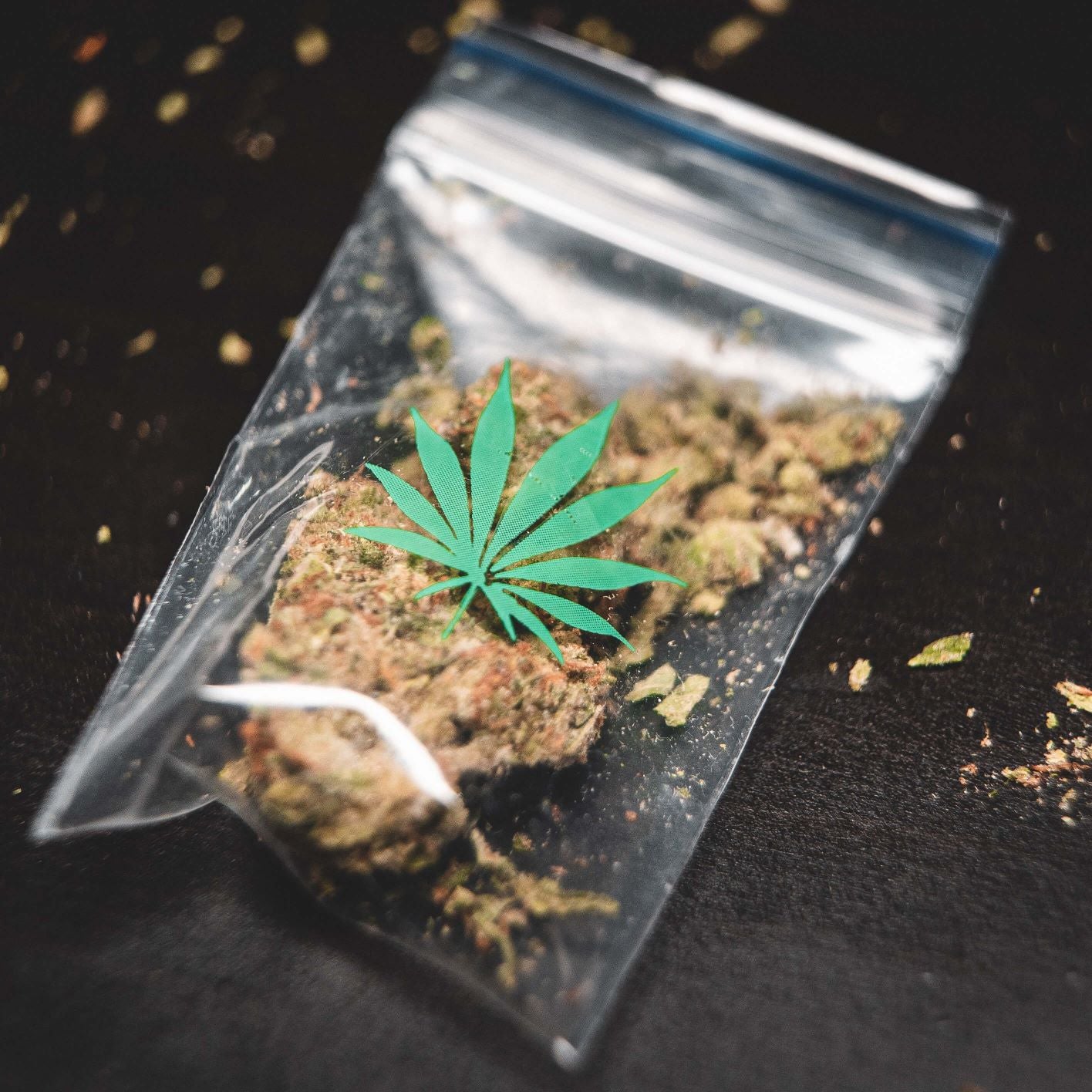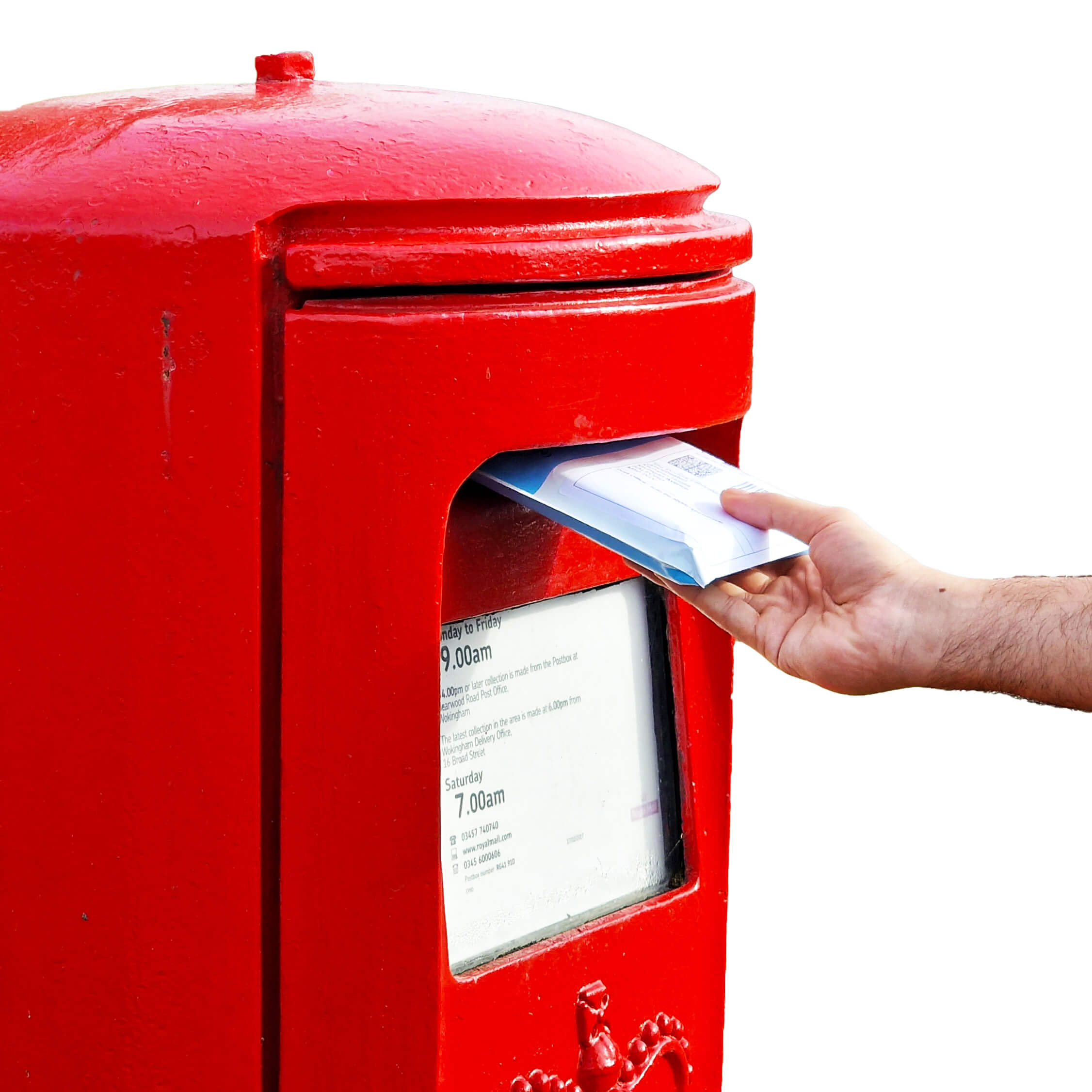
Dry January
Do YOU have what it takes?
Alcohol Concern’s Dry January is their annual campaign where they challenge people to give up alcohol for the 31 days of January.
With the excesses of Christmas and an overindulgent New Year's Eve behind them, so comes a month of abstinence for many.
After savoring the last sip of champagne, and enduring the inevitable first hangover of 2016, millions will pledge to take up the Dry January challenge.
Failure is likely to be rife, despite the best of intentions.
But a team of scientists has now identified who they say is most likely to be equipped to take on the month of abstinence.
The team from the University of Sussex and Alcohol Concern found people who only drank moderate amounts of alcohol before embarking on the challenge were most likely to succeed.
Alcohol abstinence challenges have risen in popularity over recent years.
Many charitable organizations in different countries established fundraising – or just awareness – campaigns centered around Dry January.
Those who participate in the challenge vow to remain sober for the entire month.
And so, the team of scientists sought to investigate why certain people succeed at these challenges – and why others fail.
Furthermore, because many abstinence challenges lead to ‘rebound effects’ – indulging in more of a certain substance after the period of sobriety is completed – they wanted to see if Dry January participants experienced negative rebound results.
They monitored 857 British adults – 249 men and 608 women – who were participating in the Dry January challenge.
The participants completed a baseline questionnaire – and then one-month and six-month follow up questionnaires.
The key variables assessed during the baseline examinations included measures of alcohol consumption and drink refusal self-efficacy (known as DRSE).
Of the study participants, 64.1 per cent successfully completed Dry January.
Nearly 67 per cent of men in the study finished the program, compared to nearly 63 per cent of women.
Those who completed Dry January were found to consume fewer drinks per typical drinking day at baseline.
They also had a lower frequency of drunkenness, and scored lower on the Alcohol Use Disorders Identification Test, before starting the challenge.
The study said: ‘Success was significantly predicted by a lower frequency of drunkenness at baseline.’
The majority of those who successfully completed the challenge did not experience ‘rebound effects'.
Only 11 per cent of those people had an increased frequency of drunkenness at the six-month follow-up, the study found.
But, the scientists also found that those who ‘failed’ at the challenge experienced positive outcomes as a result of Dry January.
The study said: ‘A key finding was that even a failed attempt at Dry January led to many of the positive changes in behavior and DRSE observed in people who successfully completed Dry January.’
However, the likelihood of ‘rebound effects’ were found to be larger in people who didn’t successfully complete the study.
Yet, the study concluded that participation in Dry January is related to reductions in alcohol consumption and increases in DRSE among all participants – regardless of success.
The study said: ‘Taken together, these findings suggest that abstinence challenges such as Dry January can lead to changes toward healthier drinking and health enhancing beliefs about alcohol, and are unlikely to result in undesirable rebound effects.’
The study was published in the journal Health Psychology.
Collection list
- Choosing a selection results in a full page refresh.





